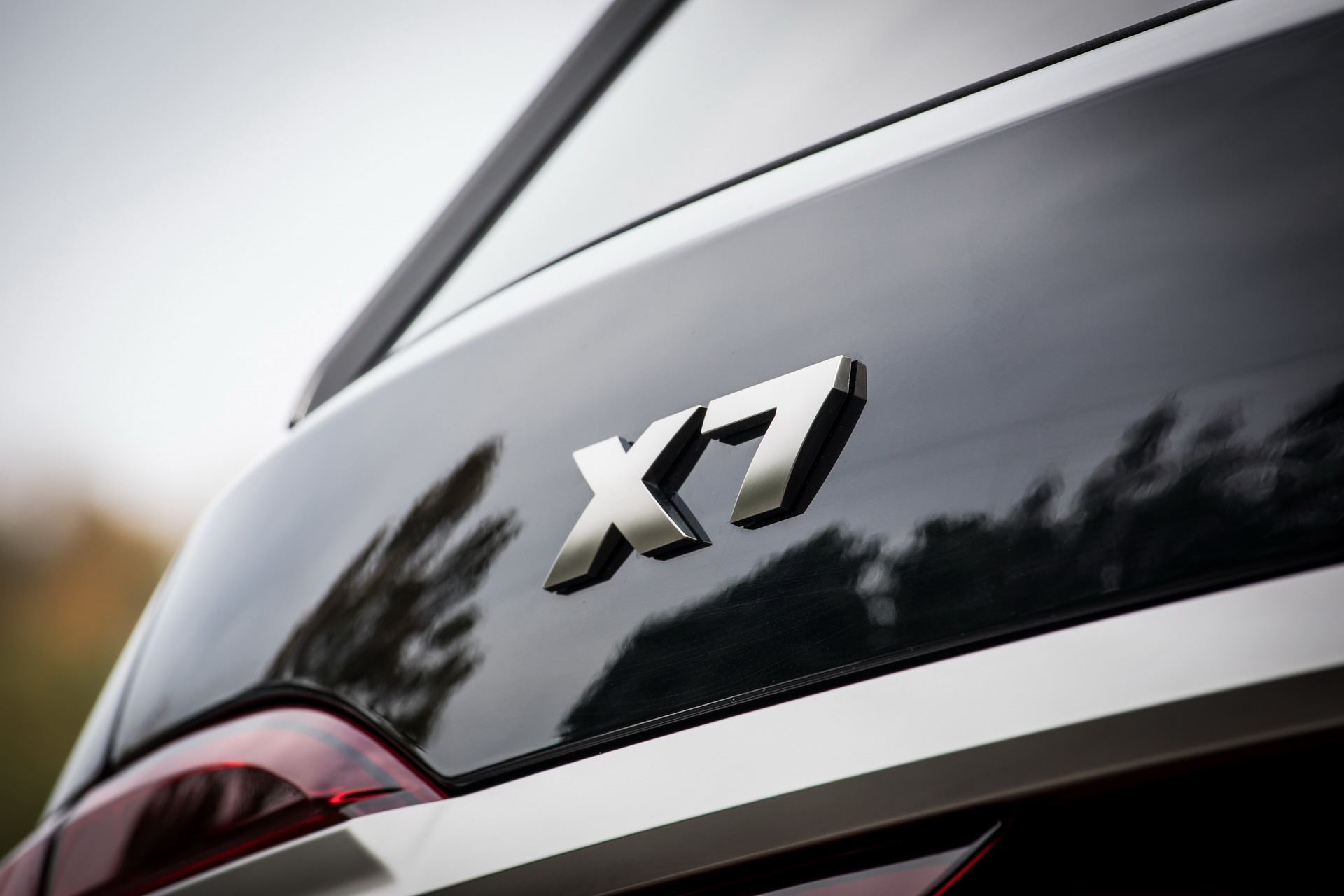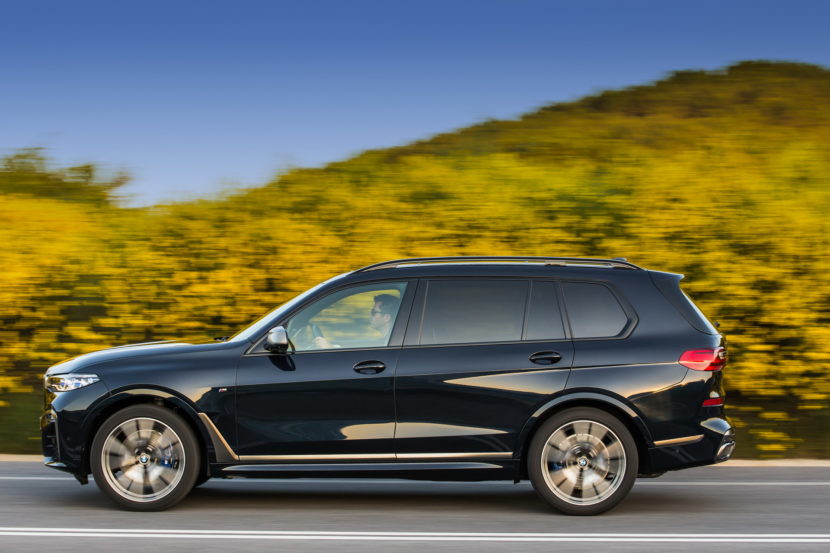All auto manufacturers are immersed in the research and development of different technologies, such as the fuel cell. BMW is one of the most active in this field of hydrogen, working with Toyota for the last six years. At the recent Frankfurt Auto Show, BMW has unveiled their latest hydrogen fuel cell project based on the BMW X5.
But a report from Motor.es – which we weren’t yet able to confirm with our own sources – says that the next on the hydrogen list might be the BMW X7. There is even a date thrown around – 2023. The report does not mention that there is no official confirmation and that plans could change, but for now, it seems like the Bavarians are looking at the fuel cell technology in the large 7 seater.
By 2023, the BMW X7 will go through a Lifecycle Impulse, so it could essentially get some new alternative drivetrains. So far, the BMW X7 is available with three petrol engines and two diesel units. Compared to the X5, there is no plug-in hybrid available.
The fuel cell technology has always been touted as being perfect for large vehicles in need of great driving range, so the X7 fits the profile. Because of its higher development costs, the fuel cell tech will also need a model on the expensive side and with wide profit margins.
The competition is not sitting idle either. Audi will launch a hydrogen-powered crossover and Toyota already has a second generation of the Mirai on the way, while Mercedes is also making progress in this field.
Whether the BMW X7 will get the hydrogen fuel cell technology remains to be seen, but what we do know is that by 2020, BMW will begin testing small series of hydrogen-fuel cell BMW X5 vehicles. At the Frankfurt Auto Show, BMW said that the X5 fuel cell will not be available for sale, but will be awarded to selected customers by the BMW Group.
Depending on the hydrogen conditions and the actual demand, BMW plans to offer a vehicle with a fuel cell for ordinary sale at the earliest in 2025.





































































